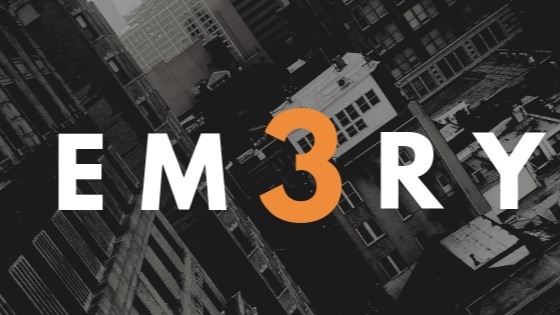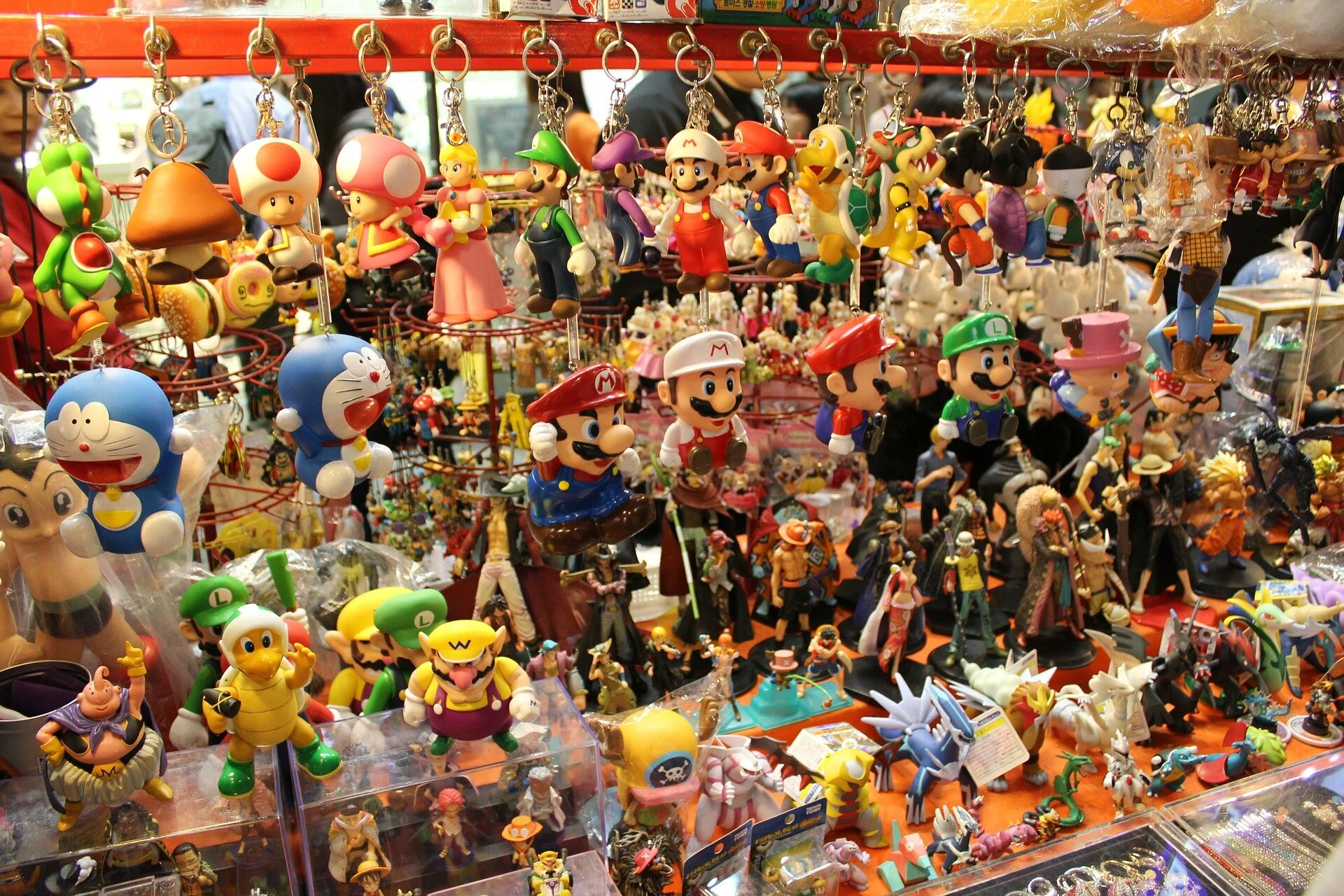seoul-99704_1920
March 1, 2017
Chapter 7 (Merchandising):
Scalping tickets isn't the only way to steal from a show's box office. Disney was the first producer to earn more with merchandise sales than the box office during the early run of Beauty and the Beast. Since "merch" is part of the subsidiary rights potential windfall of each hit show, then "fake t-shirts" etc. can be a large pay-off for thieves who know that you need big legal bucks to find them and shut them down. First step is of course to trademark your brand and your images so that you have something to protect. (Another legal cost when you are setting up your corporate documents.) Hamilton, a show with inexhaustible funds, has found its trademark infringers and negotiated a settlement with them, which includes a policing strategy to find other smaller infringers. Broadway is not just about putting on a show.
Chapter 10 (Producers):
A new trend (?) may have emerged. Normally it takes years for a musical to break-even (recoup its capitalization to investors). This year, two musical revivals - Sunset Boulevard and Sunday in the Park with George - have set limited runs of around 16 weeks (presumably because their stars have limited availability) and are budgeted to return a small profit within that short period of time. If it works, this may be a new trend...or not. Open-ended shows have the potential of earning massive amounts of profits over many decades and are still a more likely risk for many investors.
###

